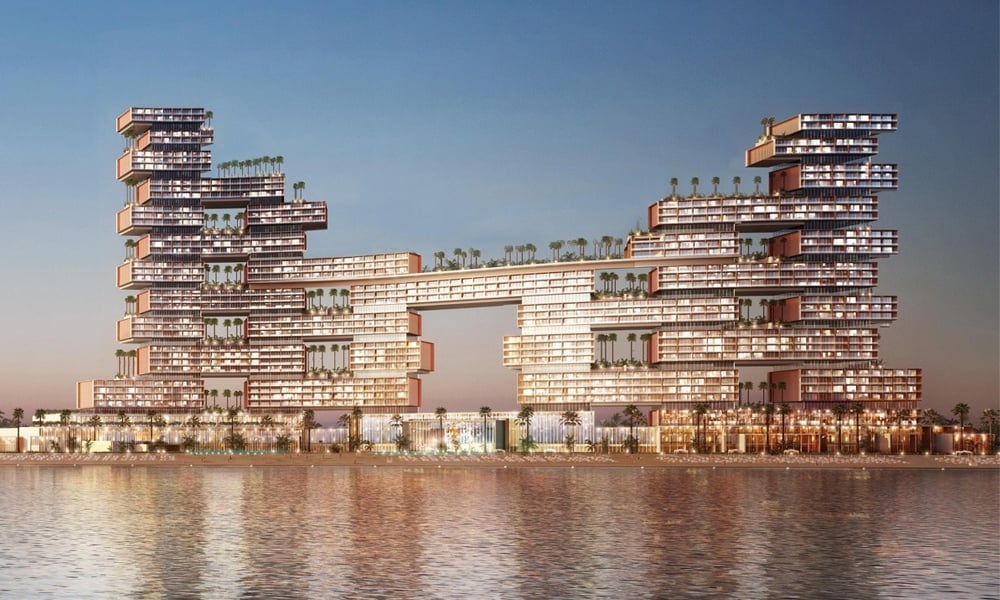Islamabad, Nov 20: Dubai luxury real estate market continues to thrive, surpassing expectations of a slowdown. Experts are growing increasingly confident that the current cycle may not be a fleeting bubble but a long-term trend.
According to Faisal Durrani, Partner and Head of Research at Knight Frank, the real estate market is driven by “genuine end users” rather than speculative investors.
Over the past 18-24 months, Dubai has solidified its position as the global leader in $10 million-plus home sales, with high-net-worth individuals (HNWIs) particularly drawn to luxury beachfront villas.
Knight Frank’s latest Destination Dubai report revealed that in the past year, Dubai recorded almost as many $10 million-plus home sales as London and New York combined, which Durrani describes as a remarkable achievement for a relatively young market like Dubai.
Prime residential properties in Dubai, as defined by Knight Frank, are in neighborhoods where 10% of sales exceed AED 10 million and remain consistent over three years.
Currently, only four areas meet these criteria: Palm Jumeirah, Emirates Hills, Jumeirah Bay Island, and Jumeirah Islands.
The UAE’s strong pandemic response, which made it one of the world’s most vaccinated nations, played a key role in boosting the luxury market.
Dubai’s early reopening attracted people who experienced its attractive lifestyle factors firsthand.
As a result, demand for luxury properties has outstripped supply. Listings for homes across Dubai dropped by 23% year-on-year, and in the $10 million market, homes available for sale have decreased by 50%.
Knight Frank’s Destination Dubai report indicates that nearly half of global ultra-high-net-worth individuals (UHNWI), with personal wealth exceeding $20 million, plan to invest in UAE real estate in 2024, while 30% intend to make purchases within the next 2-5 years.
Vulnerabilities
Dubai’s appeal to the wealthy is undeniable. High-profile purchases, like Mukesh Ambani’s $163 million mansion on Palm Jumeirah and Neymar Jr.’s $54 million penthouse in Business Bay, highlight the city’s luxurious offerings.
Dubai’s favorable tax regime, business-friendly environment, and evolving visa policies, such as the Golden Visa, have made it a haven for expatriates and foreign investors.
Dubai is also rapidly becoming the world’s fourth-largest financial center, overtaking Hong Kong, according to Knight Frank.
Major infrastructure projects, such as the $34 billion expansion of Al Maktoum International Airport, signal the city’s commitment to growth.
Durrani emphasizes that such developments positively impact real estate, as sentiment and investment activity are closely linked.
Despite this success, the market is not without risks. The global economy, especially fluctuations in oil prices, could affect Dubai’s growth.
Durrani cautions that a significant drop in oil prices could curb economic growth in the region, impacting Dubai’s overall business sentiment.
However, the International Monetary Fund (IMF) notes that oil price fluctuations typically have a minimal effect on global economic growth but can impact inflation.
Overall, Dubai’s luxury real estate market is flourishing, driven by strong demand from international investors, strategic infrastructure investments, and an appealing lifestyle.
However, global economic shifts remain a potential vulnerability to the city’s growth trajectory.
